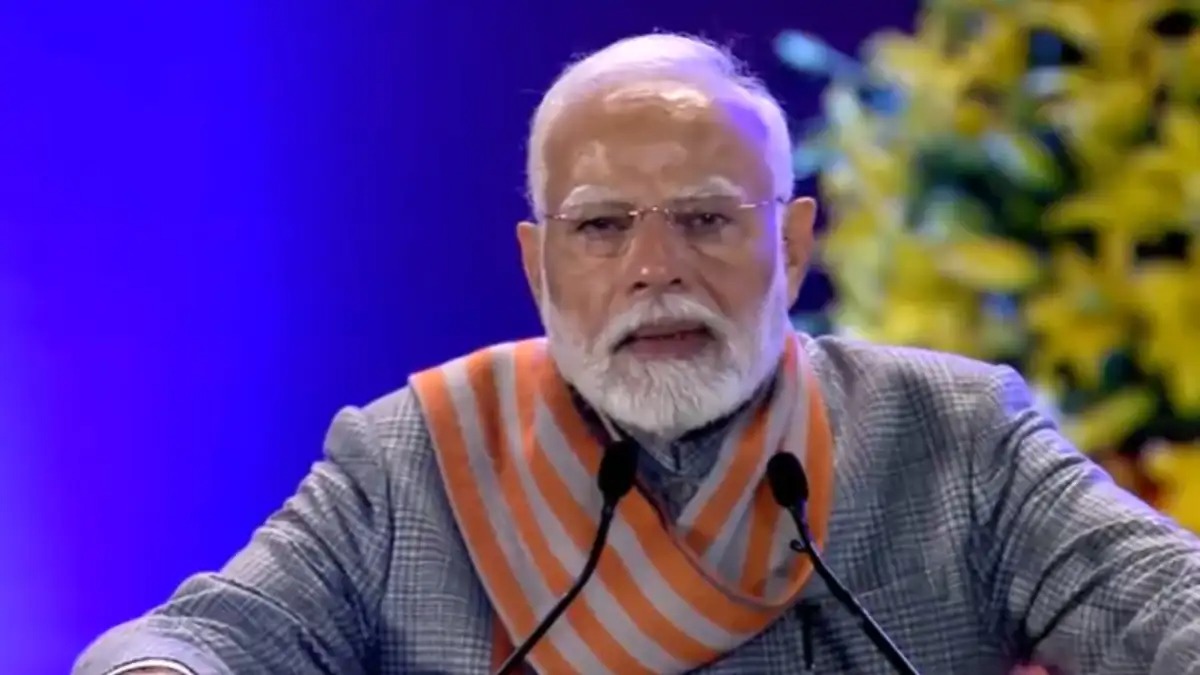
In celebration of the 150th Foundation Day of the India Meteorological Department (IMD), Prime Minister Modi inaugurated ground-breaking festivities at Bharat Mandapam, New Delhi. The event coupled with the time ‘10:30PM’ is a considerable achievement in paving India towards the vision of “Weather ready and Climate smart” dominion.
In this event, PM Modi made an announcement of the initiative named ‘Mission Mausam’ where there were plans to advance India’s skill in weather forecasting, climate monitoring, and disaster management. The initiative primarily focused on constructing next-generation weather radars, and environmental monitoring satellites alongside advanced computing systems for India.
Pointing out to the Vision 2047 document, PM Modi gave a commendation coin and talked about alteration strategies that can help India cope with the weather and climate changes. With the use of this document relevant were Directives to prepare for the climate challenge of the future ensuring timely execution of forecasting systems, adoption of climate strategies, and other measures preventing grave impacts of climate change.
Speaking at the function, PM Modi affirmed that the department has came through a long path and expressed pride in it. "Today, we have gathered to celebrate the 150 years of IMD. This institution has been there as long as India’s independence nearly. These 150 years have not only been the journey of the country’s Weather Department but the journey of the advanced science and technology in our country," he remarked, taking cognizance of the advancements that the country in the field of meteorology and climate science.
According to the Prime Minister’s words, the IMD’s development throughout the years has been at the second heartbeat of the evolution of the country and its strides in science and technology making it possible for deeper insight into the weather, climate, and dealing with natural calamities. Such a factor is essential in light of the current day as it chronicles the history of the IMD in weather prediction of India, the agriculture economy of the country and the climatic conditions of the place.
#WATCH | Delhi: On the 150th Foundation Day of India Meteorological Department, Prime Minister Narendra Modi says "Today, we are celebrating the 150th anniversary of IMD. These 150 years have not only been the journey of the country's Weather Department but the journey of the… pic.twitter.com/qV6uhI4IiZ
— ANI (@ANI) January 14, 2025
The event marked the attendance of Dr. Jitendra Singh, the Minister of State for Earth Sciences and Celeste Saulo, the Secretary General of the World Meteorological Organization. The duo's attendance reflected the international significance of India's meteorology progress and adapting to the climate change challenges.
Under the framework of its newest mission, the Mausam Mission, India has been able to enhance its competency to accurately forecast weather patterns, trace variations in climate, and predict what challenges the environment will face to which end, the nation strives to promote sustainable development. It will enhance weather and climate monitoring and prediction capabilities with the long-term objective of air quality assessment and management.
Close to 150 years of numbers and data given by IMD traces history events, workshops where organized designated the importance of the country through this institution. The IMD has acted as a central weather data repository for farmers and disaster response units over the last 70 years. However, more recently, the IMD has been actively involved in strengthening India's climate resilience.
IMD thus establishes the year 1875 as the base. This implies that it has taken the lead in advancing the meteorological technology and Science within the nation. IMD came into existence with the goal above, and during the entire span of its existence, it has mostly accomplished this goal. Predicting weather, which proved to be necessary for saving lives, in particular, agriculture and disaster risk management, was one of the major responsibilities of the workers, and they have also updated for this. Therefore, IMD has transformed with time enhancing India’s action to climate changes and environmental threats.

 Share
Share



